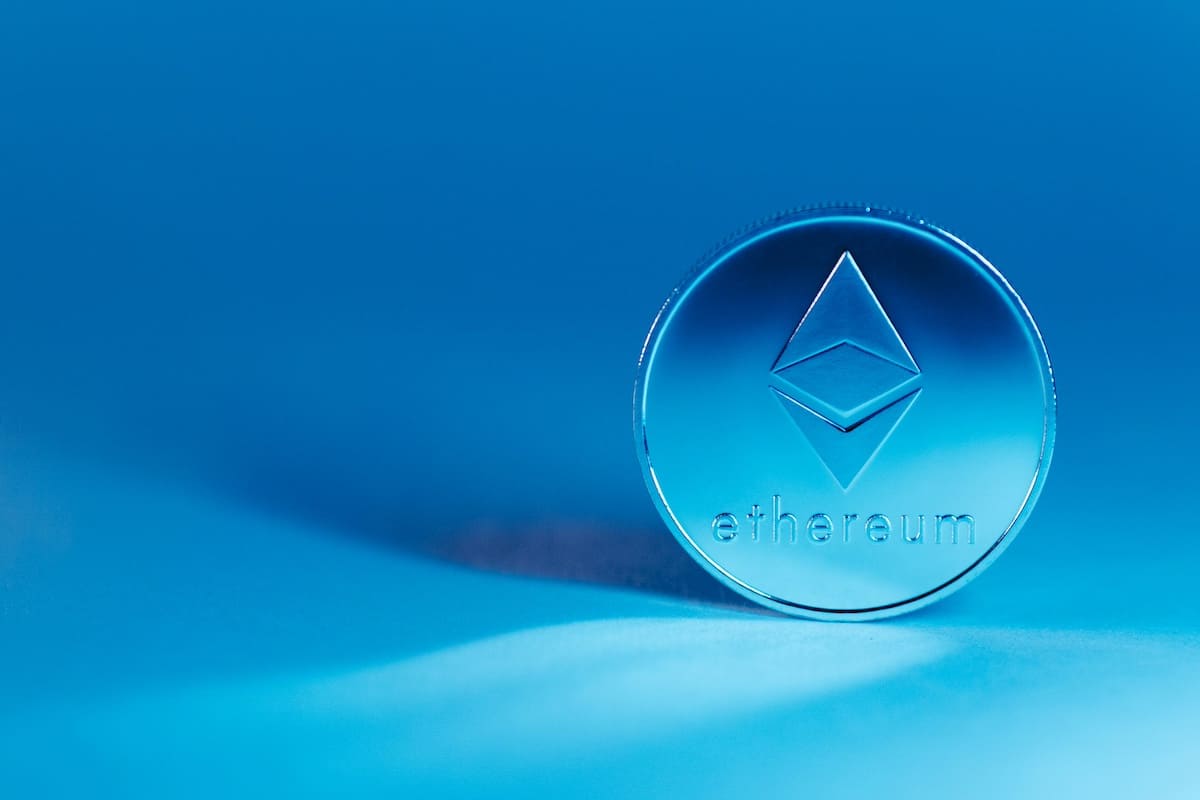Blockchain technology has the potential to revolutionize the real estate industry by increasing transparency, reducing fraud, streamlining processes, and enhancing security. Here are some of the key applications of blockchain in real estate:
1. Property Listings and Transactions
- Transparency: Blockchain can provide a transparent and tamper-proof ledger of property listings and transactions. This can help reduce fraud and ensure that property information is accurate and up-to-date.
- Smart Contracts: These are self-executing contracts with the terms directly written into code. In real estate, smart contracts can automate the execution of purchase agreements, ensuring that transactions occur only when predefined conditions are met.
2. Title Management and Ownership Verification
- Immutable Records: Blockchain can maintain immutable records of property titles and ownership histories, making it easier to verify ownership and reduce the risk of title fraud.
- Decentralized Databases: These can ensure that title records are consistent and accessible, reducing the need for intermediaries like title companies.
3. Tokenization of Real Estate
- Fractional Ownership: Blockchain allows for the tokenization of real estate, where properties can be divided into digital shares. This enables fractional ownership, making it easier for smaller investors to participate in real estate investments.
- Liquidity: Tokenized real estate can be traded on secondary markets, potentially increasing liquidity in the real estate market.
4. Efficient and Secure Property Management
- Lease Agreements: Smart contracts can automate lease agreements, ensuring that terms are adhered to and payments are made automatically.
- Maintenance and Repairs: Blockchain can streamline property management by recording maintenance and repair requests, ensuring they are handled efficiently and transparently.
5. Enhanced Due Diligence and Compliance
- KYC/AML: Blockchain can improve the efficiency and security of Know Your Customer (KYC) and Anti-Money Laundering (AML) processes by maintaining secure and verifiable records of customer identities and transactions.
- Regulatory Compliance: Automated compliance checks can be integrated into blockchain platforms, ensuring that all transactions meet regulatory requirements.
6. Crowdfunding and Investment Platforms
- Real Estate Investment Trusts (REITs): Blockchain can facilitate the creation and management of REITs, making it easier for investors to buy and sell shares in real estate portfolios.
- Crowdfunding: Blockchain-based crowdfunding platforms can provide greater transparency and security for investors, reducing the risks associated with traditional crowdfunding.
7. Enhanced Security and Fraud Prevention
- Secure Transactions: The decentralized and encrypted nature of blockchain can provide a higher level of security for real estate transactions, reducing the risk of hacking and fraud.
- Verification: Blockchain can verify the identity of parties involved in a transaction, ensuring that only authorized individuals can execute agreements.
8. Global Real Estate Marketplaces
- Cross-Border Transactions: Blockchain can facilitate cross-border real estate transactions by reducing the need for intermediaries and providing a secure and transparent platform for buyers and sellers.
- Standardized Processes: By using blockchain, real estate transactions can be standardized across different jurisdictions, making international transactions simpler and more efficient.
9. Land Registries
- Government Adoption: Some governments are exploring the use of blockchain for maintaining land registries, which can reduce corruption, increase efficiency, and provide a transparent record of land ownership.
- Pilot Programs: Countries like Sweden, Georgia, and the UAE have initiated pilot programs to test the viability of blockchain for land registry management.
10. Data Management and Analytics
- Property Data: Blockchain can provide a reliable source of property data, including transaction histories, market trends, and property valuations, which can be used for analytics and decision-making.
- Integration with IoT: Blockchain can integrate with Internet of Things (IoT) devices to manage property data in real-time, providing insights into property usage, energy consumption, and maintenance needs.
By leveraging these applications, blockchain technology can address many of the inefficiencies and challenges in the real estate industry, paving the way for a more transparent, secure, and efficient market.
